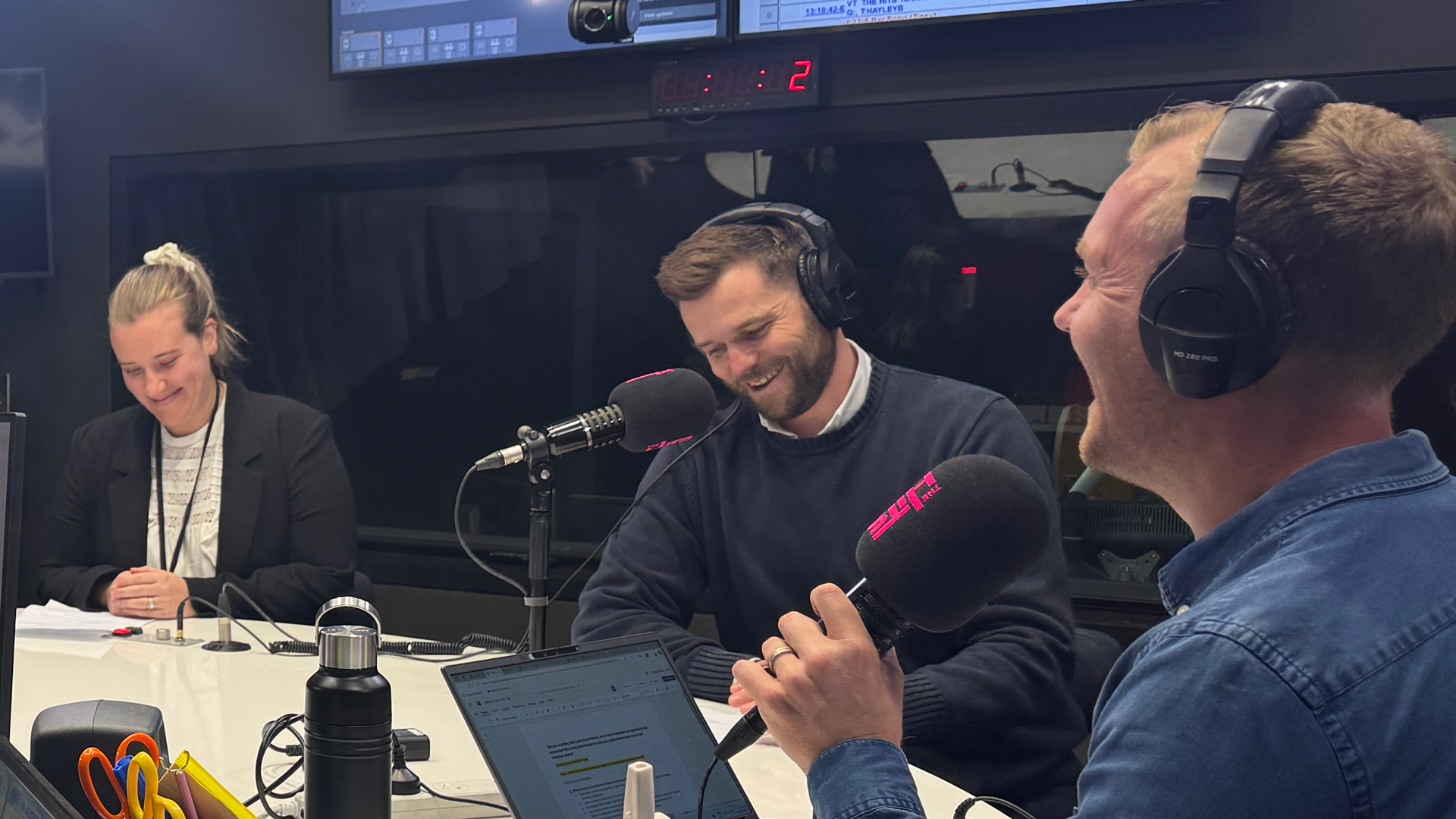Putting public health considerations front and centre in its response to Covid-19 was the right thing for our government to do. New Zealand is now in a position envied by people around the world, including my relatives in the UK.
Things often held against us – our size, our remoteness, our single layer of government – have this time worked in our favour.
But the real key to our success in minimising the spread of Covid-19 has been mutual co-operation: we have been able to rely on each other. We now need to harness that same spirit to drive our economic recovery.
New Zealand is a trading nation, but the domestic economy still makes up about half of our country’s total economic activity. Even tourism last year generated some fifty percent more revenue from locals on tour than it did from overseas visitors. As we come out of lockdown, the business we do with each other here at home will play an important part in kickstarting our economy.
Financial markets can and should provide essential support for that activity. Initiatives such as the government’s Business Finance Guarantee Scheme and the deferment of new capital adequacy requirements for banks don’t mean risk levels and asset values are no longer important factors. Rather, they allow people to get on with business: to pursue long-term value without being distracted by short-term volatility.
Some strong and successful companies are presently in need of capital. On 18 February, Kathmandu shares were trading at $2.51. One month later, they were trading at $1.04. A realistic reflection of an expected change in future earnings? Or a knee-jerk reaction? Its recent capital raising was certainly well-supported across its shareholder base.
Ensuring the long-term future of a company like Kathmandu benefits not just its shareholders, but also the people who work in its shops, the contractors who clean those shops, the graphic designers who create their advertisements – and New Zealand’s hunters, trampers, and duck shooters (when the season eventually starts …).
Allowing financial markets to operate efficiently not only provides businesses one of the inputs critical to their continuing survival, it also provides investors (and with KiwiSaver, that’s most of us) with an opportunity to put their capital to work.
It’s not all about big business, however. We are really a nation of small businesses. Companies like Milford can help these smaller businesses and individuals achieve financial security; banks, with the government’s support, can and are taking a greater share of risk in the short-term to create long-term value for all stakeholders.
How else can the financial sector help? Financial markets can link the pool of savings with the capital-hungry infrastructure projects we need to build in order to meet our current and future social and environmental challenges. The long life of these assets matches the long-term horizon of KiwiSaver funds; the idea of New Zealanders providing the funding for those developments and being repaid over time by the value those assets create is an appealing one.
Ultimately, it’s about people. Financial markets are simply a way for people to do what people have always done: trade with each other. To buy, sell, build, invest: to cooperate and collaborate in order to achieve more than any of us could as individuals.
Those are the activities that built our economies and societies; those are the activities that will rebuild our economies and societies once again.
It won’t all be smooth sailing. Macro terms like ‘volatility’ can mask significant turmoil for individuals. My own family includes people working in retail and in the building industry: they are not yet quite sure when they will be back at work, or what work might look like. But it also includes a Year Two student who, last time I called, was doing schoolwork online (or that’s what she told her grandfather…), and a number of more senior citizens who are enthusiastically embracing “portals” and “apps”.
Let’s believe in our potential: we’ve got good reason to.


